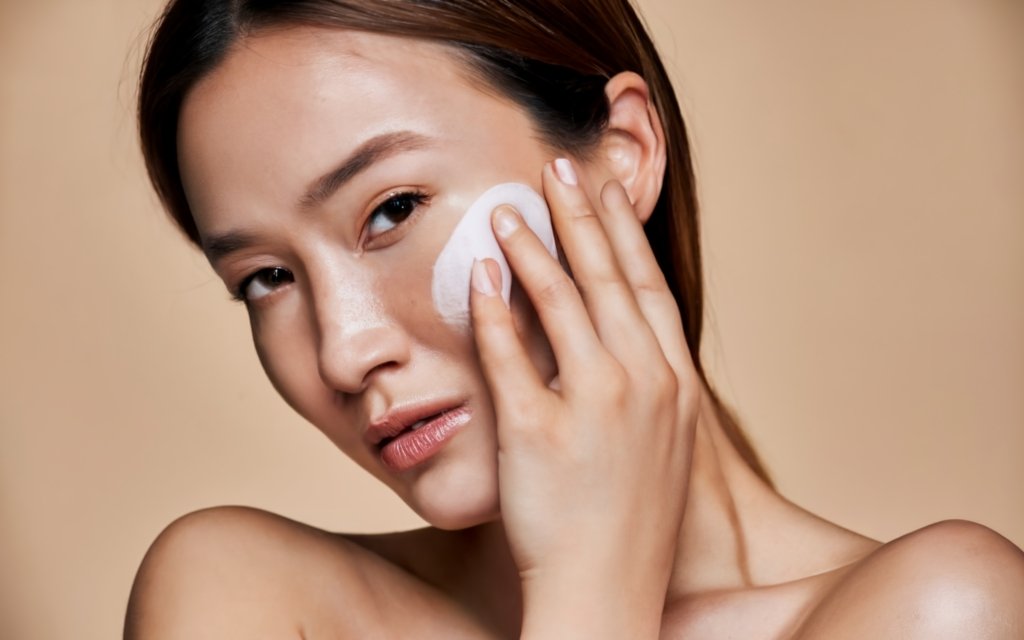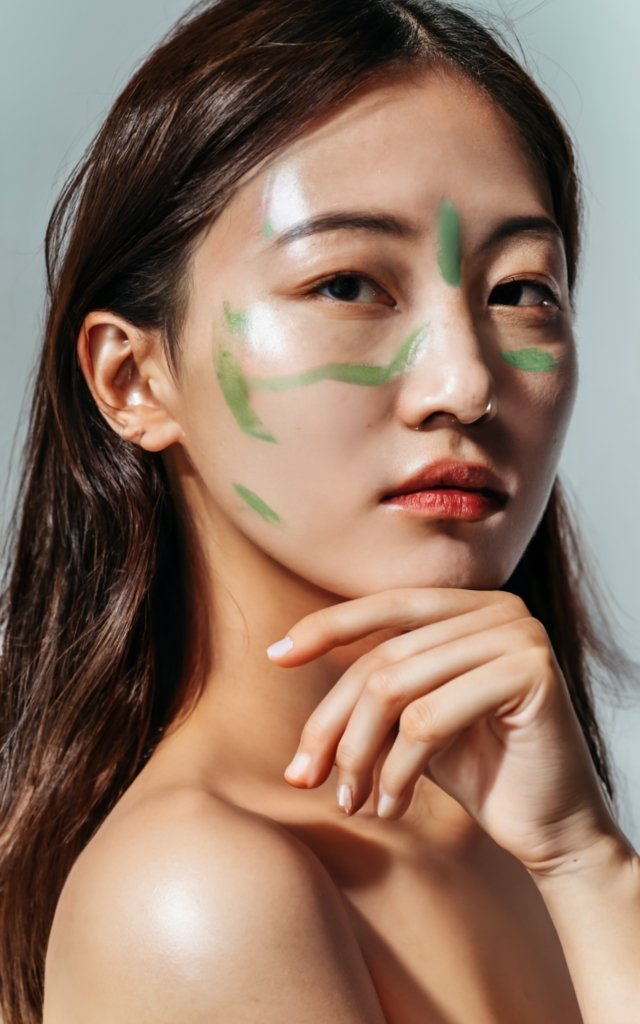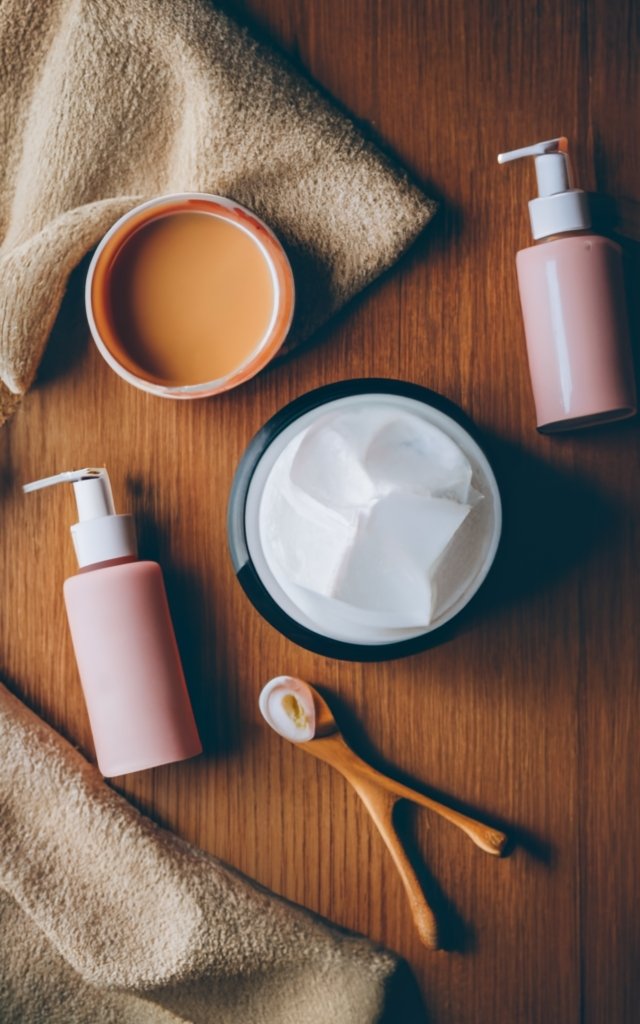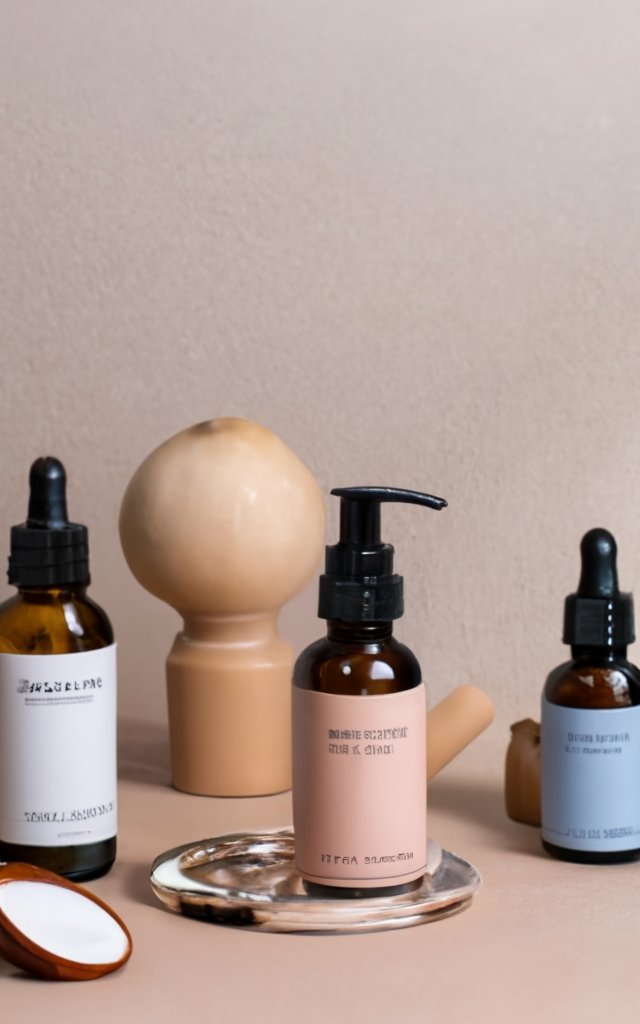South Korea’s Beauty Renaissance and Its Global Impact

As beauty standards shift and evolve globally, South Korea stands out as the new epicenter of a global beauty transformation. Seoul, a city celebrated for its rich history and technological prowess, now also shines as the beacon of K-beauty, a term that encapsulates innovative skincare and transformative beauty routines.
The Economic Powerhouse of K-Beauty's Rise

South Korea, with its modest population, has astoundingly positioned itself as a major player in the global beauty market. By 2022, the K-beauty market reached an impressive valuation of $11.64 billion. With projections indicating a potential growth of nearly $29.29 billion by 2032, this isn’t a mere trend; it’s an economic shift of significant proportions.
Dr. Min-Jae Kim, a leading industry expert and professor at Seoul National University, observes, “K-beauty’s global traction isn’t just about the products. It’s a testament to South Korea’s adeptness at anticipating and catering to global beauty needs. It represents a harmonious blend of innovation, tradition, and a keen understanding of global consumer behavior.”
The economic implications of K-beauty’s rise are manifold. It has created new job opportunities, spurred innovation in product development, and fostered collaborations between Korean brands and international giants. The ripple effects of this economic surge can be felt in ancillary industries, too, from packaging to marketing, each experiencing a boost from the K-beauty wave.
K-Beauty As A Cultural Revolution
Beyond the economic metrics, K-beauty signifies a profound cultural transformation. Its roots, steeped in age-old traditions, emphasize holistic wellness and nature-derived ingredients. The renowned 10-step skincare regimen, which initially seemed extensive to the Western audience, is a reflection of Korea’s disciplined approach to skincare. This cultural shift, amplified by the Korean Wave or “Hallyu,” has redefined global beauty standards, championing diversity and inclusivity.
The cultural implications of K-beauty’s rise are profound. It’s not just about a set of products; it’s about a philosophy. Korean beauty routines emphasize prevention over cure, and the meticulous skincare regimens are a testament to this. The global beauty community, influenced by K-beauty, is now more open to exploring diverse beauty narratives, moving away from a one-size-fits-all approach.
However, a dissenting voice from an anonymous industry insider challenges this narrative, “K-beauty has undeniably introduced innovative products and practices. But it’s vital to scrutinize the sustainability and ethical dimensions of its rapid ascent. We mustn’t let the industry’s growth eclipse these pivotal concerns.”

Navigating the Challenges

No industry, regardless of its success, is without challenges. K-beauty is no exception. Sustainability concerns loom large, with critiques highlighting the excessive packaging and environmental concerns associated with certain ingredients. Ethical considerations, especially related to labor practices in manufacturing sectors, warrant attention. Furthermore, the emphasis on achieving ‘flawless’ skin has ignited discussions about the potential implications of promoting unattainable beauty standards.
In his concluding remarks, Dr. Min-Jae Kim states, “K-beauty’s global success is a testament to South Korea’s innovative spirit. Yet, as the industry forges ahead, it’s imperative to address these challenges head-on. The future hinges on sustainable growth, ethical commitments, and a genuine dedication to global consumers.”
In the vast landscape of global beauty trends, South Korea’s beauty renaissance is distinct. It’s not just its economic implications but its capacity to reshape cultural dialogues and establish new benchmarks. As the world increasingly gravitates towards K-beauty, understanding, appreciating, and addressing its multifaceted narratives becomes crucial.
The Road Ahead
The future of K-beauty looks promising, but it’s not without its hurdles. As brands expand globally, they’ll need to cater to diverse consumer bases, each with its unique set of preferences and concerns. The challenge lies in balancing innovation with tradition, global appeal with local sensibilities, and economic growth with sustainability.
Moreover, as K-beauty becomes more mainstream, there’s a risk of dilution of its core principles. Brands will need to stay true to the essence of K-beauty while evolving to meet global demands. Collaboration, research, and consumer feedback will play a pivotal role in shaping the next chapter of K-beauty’s global journey.
South Korea’s beauty renaissance is a story of innovation, cultural exchange, and resilience. It’s a testament to the country’s ability to project its cultural and economic prowess on the global stage. As K-beauty continues to chart new territories, it carries with it the hopes, aspirations, and traditions of a nation ready to share its beauty secrets with the world.



